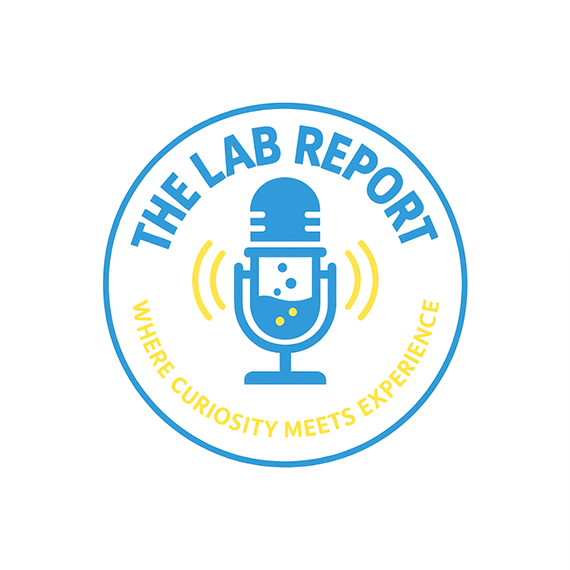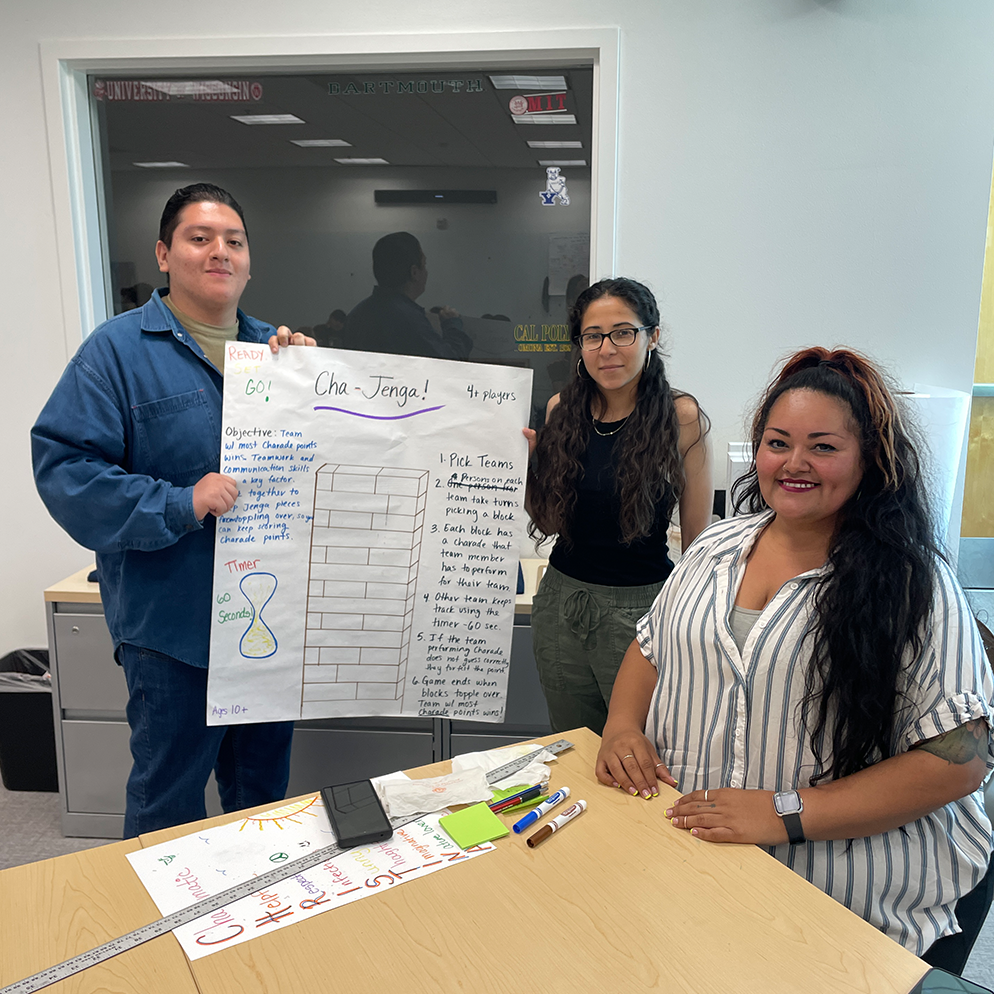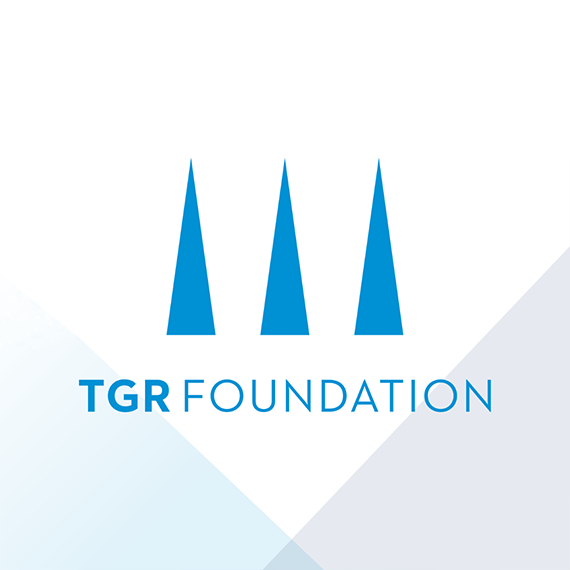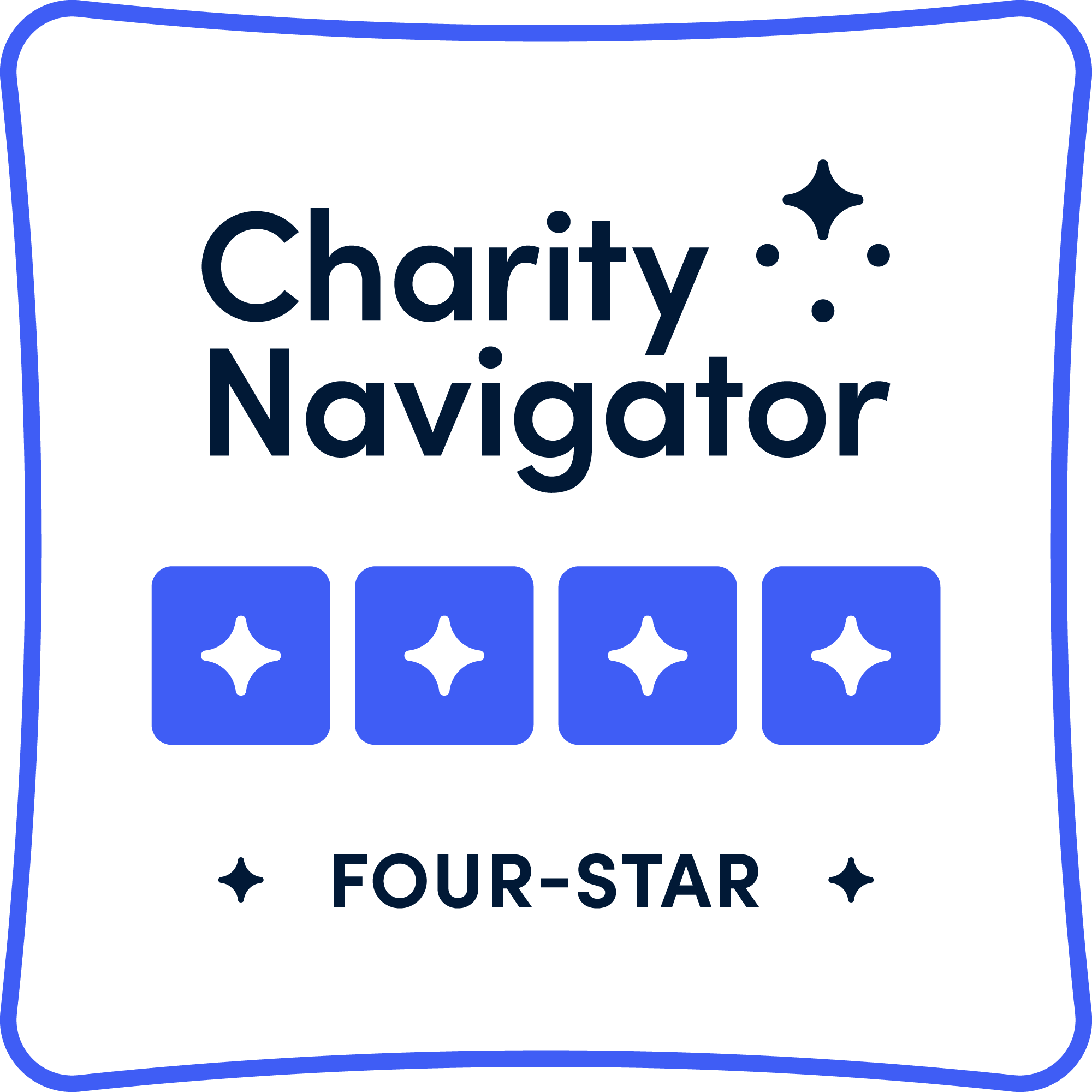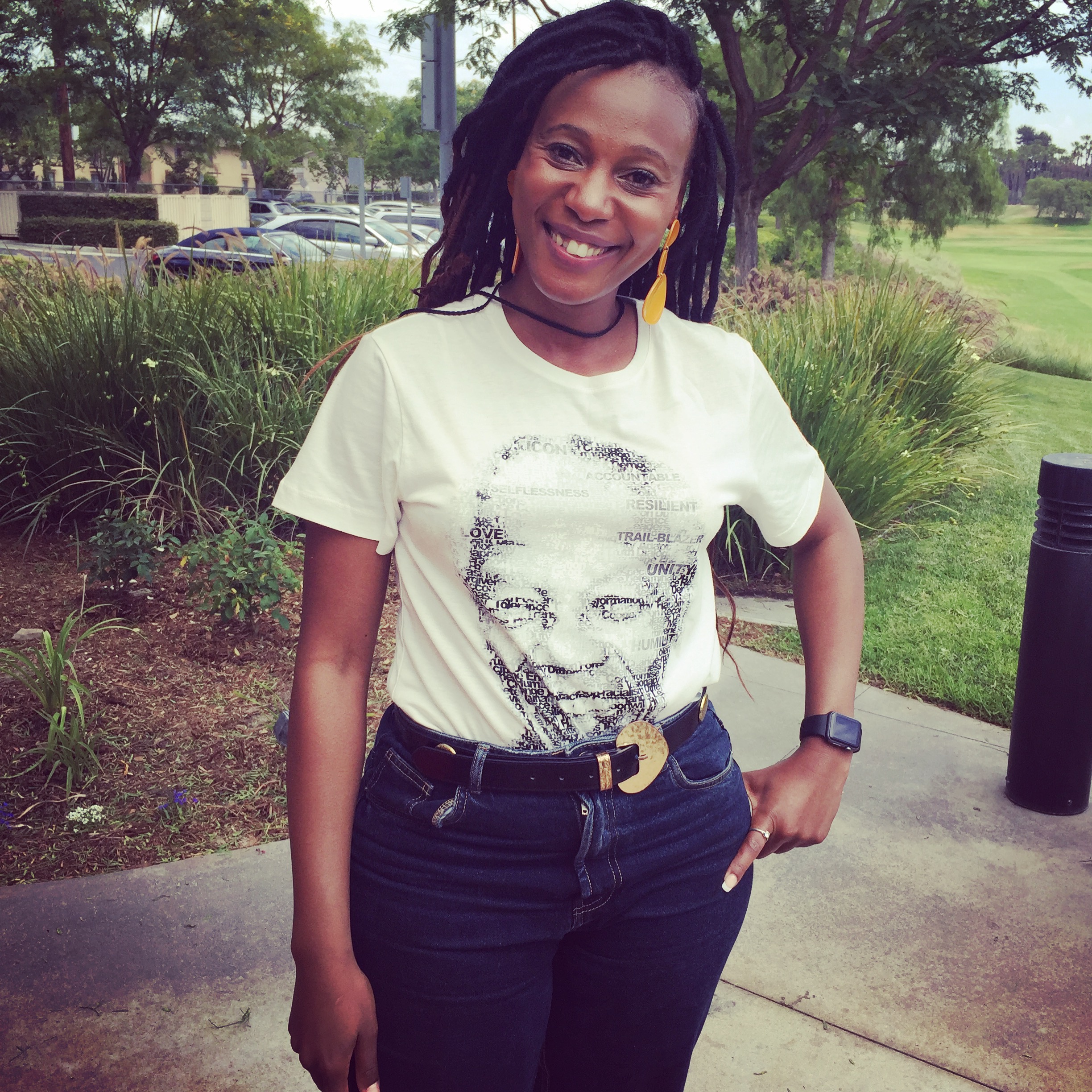
On a windy July afternoon, while riding my bicycle in Amsterdam during a two-week-long, mid-year break to prepare myself for the second half of 2018, I got an email from the U.S. Africa Development Foundation (USADF). As a former grant recipient through former U.S. President Barack Obama’s flagship program, Young African Leadership Initiative’s Mandela Washington Fellowship, the USADF wanted to offer me an opportunity to attend TGR Foundation’s International STEM Studio, a teacher training program in California.
My immediate thought at that moment, having made my move five years ago from being a fully involved STEM facilitator and entrepreneur to a full-time STEM “Edu Entrepreneur” was “I am not an educator.” However, the USADF reassured me that TGR Foundation was aware that I was not a teacher and felt that my passion and contribution to STEM education in South Africa was a good enough criterion for me to qualify for the program.
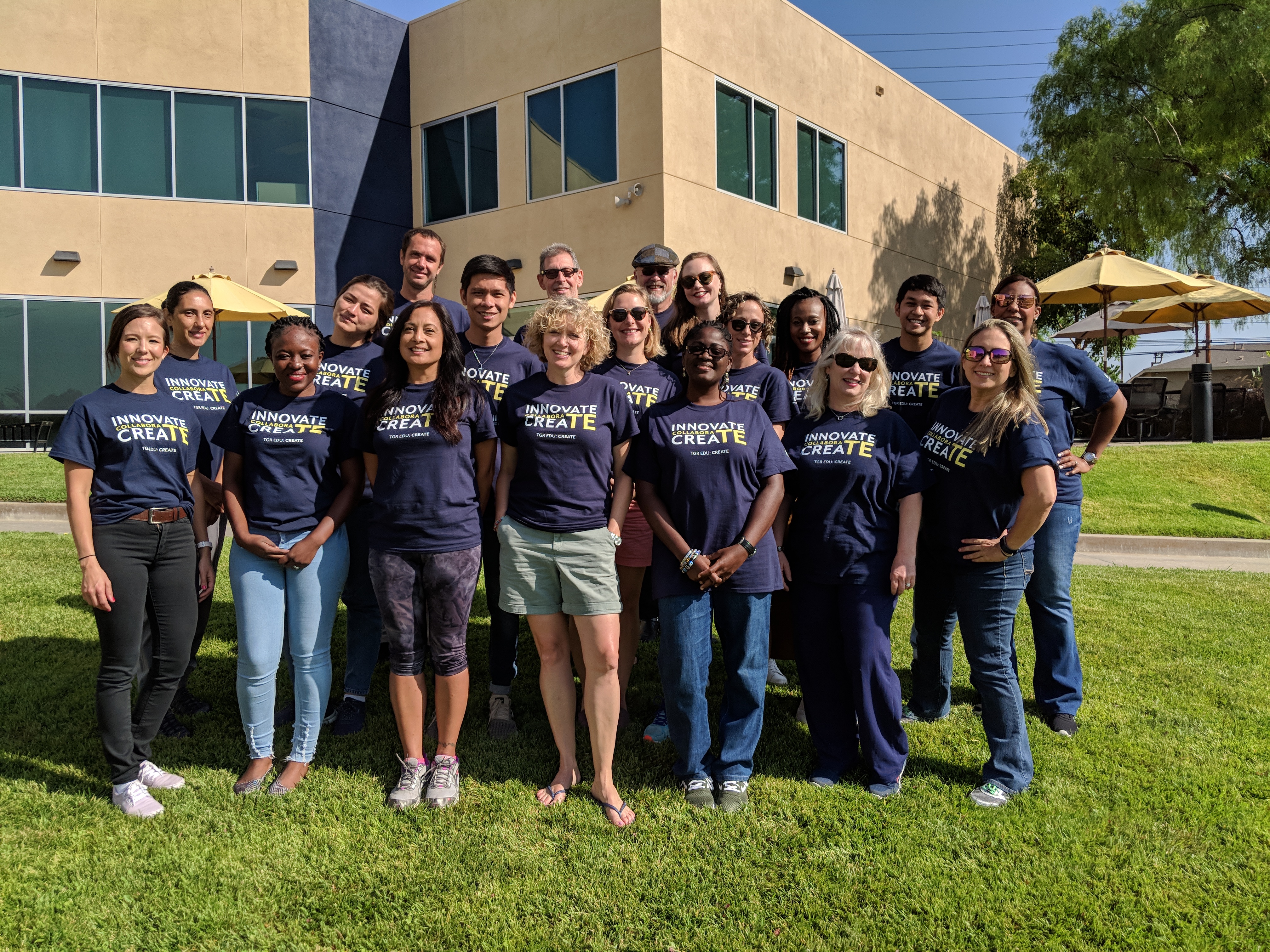
So you may ask what is a STEM Edu Entrepreneur? I am qualified to teach mathematics and mathematical statistics. I have always loved mathematics, and at the age of 19, while still studying in university, I decided to merge my love for education and business. I started a science and math private tutoring company called Mathemaniacs to get more kids to love math and science.
With time, I realized that though the work I was doing was great, it was also impacting a group of kids that could already afford quality education, and I knew that I had to change my business model. I refocused my model to designing and implementing sustainable corporate social responsibility (CSR) strategies that focus on the advancement of STEM education in rural and disadvantaged schools in South Africa.

I got more than I bargained for at TGR EDU: Create’s International STEM Studio. From the first day I arrived at the TGR Learning Lab and all the participants did their introductions, I was blown away not only by the diversity of the educators but their love of STEM education. I had met my Tribe.
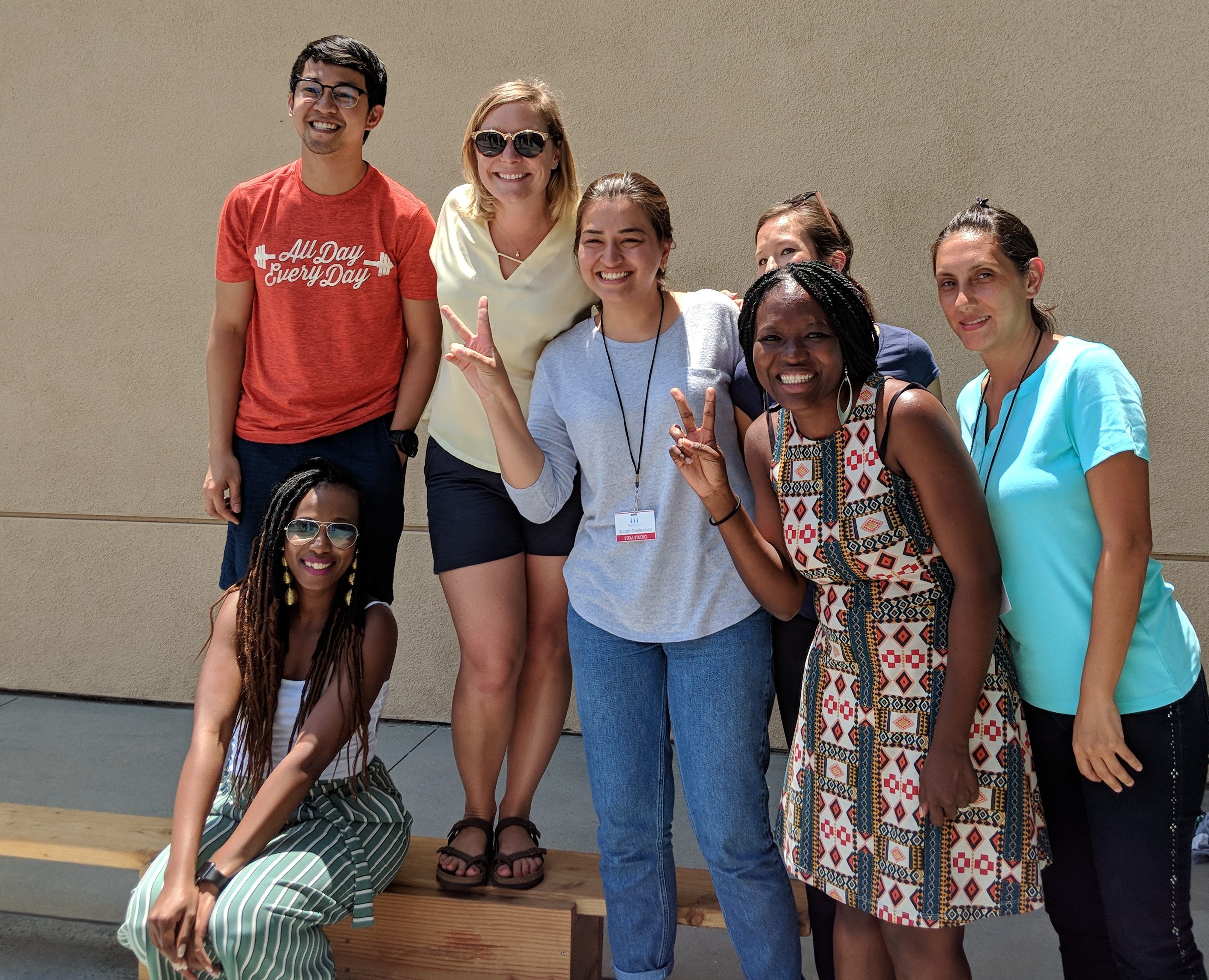
The International STEM Studio was a culmination of learning, growing, innovation and networking all in one pot. I particularly loved how the teaching model was designed in a manner that constantly kept us engaged, and I understood that the facilitators were modeling project-based learning through and with us.
For ten days, we had a chance to dabble between being teachers and students, giving us a sense of how our learners would not only engage with us but also how they would receive the lessons and materials we were empowered to teach. And yes, I said teach because I think I may be inspired to step back into the classroom again, even if only for a little while, to empower other teachers in my country with the help of TGR EDU: Create.
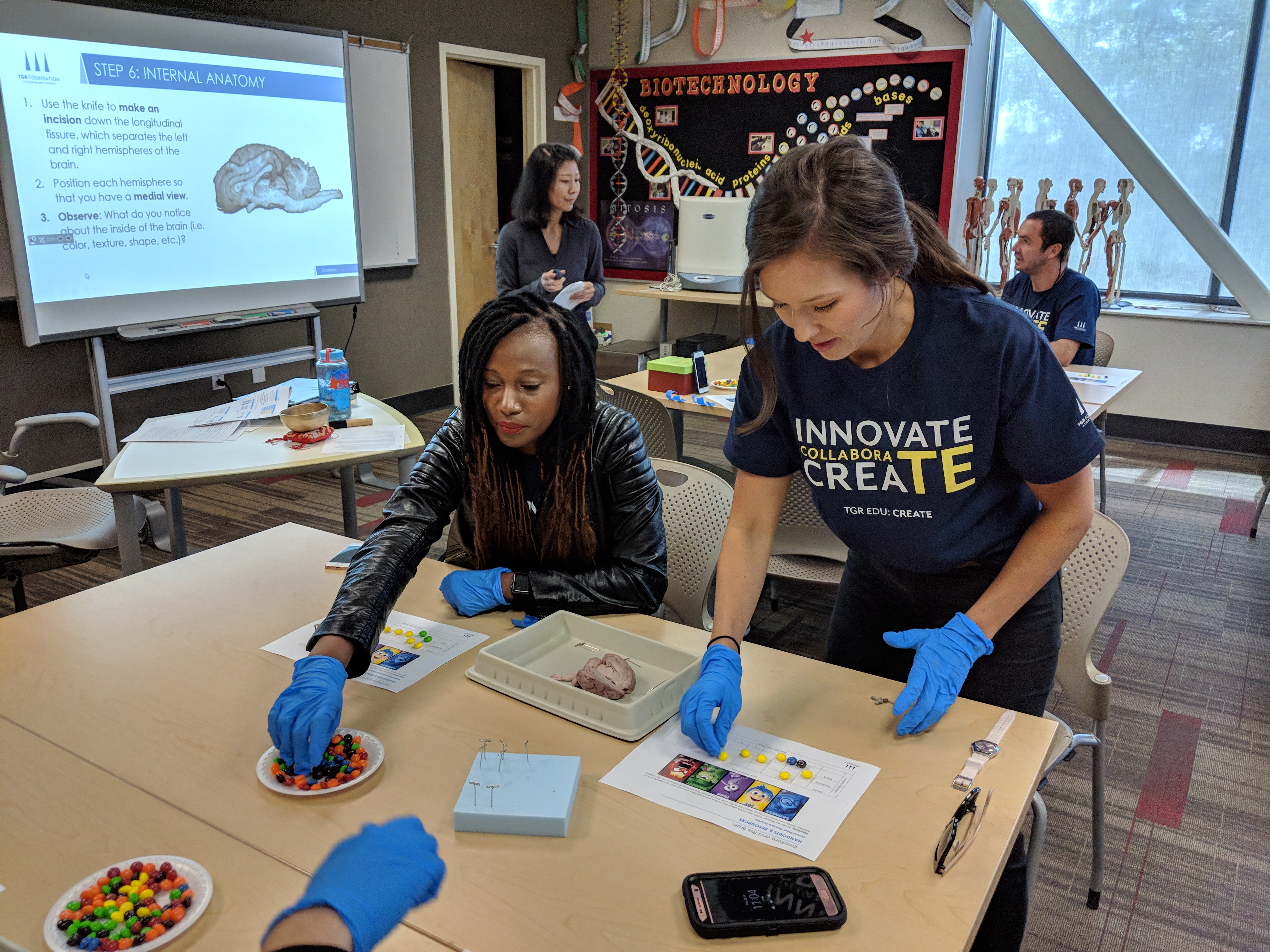
My absolute favorite part of the program was going on field trips, I’ve always been interested in the application of STEM in the real world, and these activities allowed me to experience them first hand. As educators, we often are faced with the question from learners: “Why do I need math or science?” It was good knowing that I finally had a real-life example to not only tell, but to prove and show that I had seen it. We got to witness the design process of a car at the Genesis Design Lab, and when I spot the Genesis car on the road in the future I will know that I got a glimpse into the design process that influenced that car. This made me think of sites I could include into our learning models and which partners we could collaborate with.
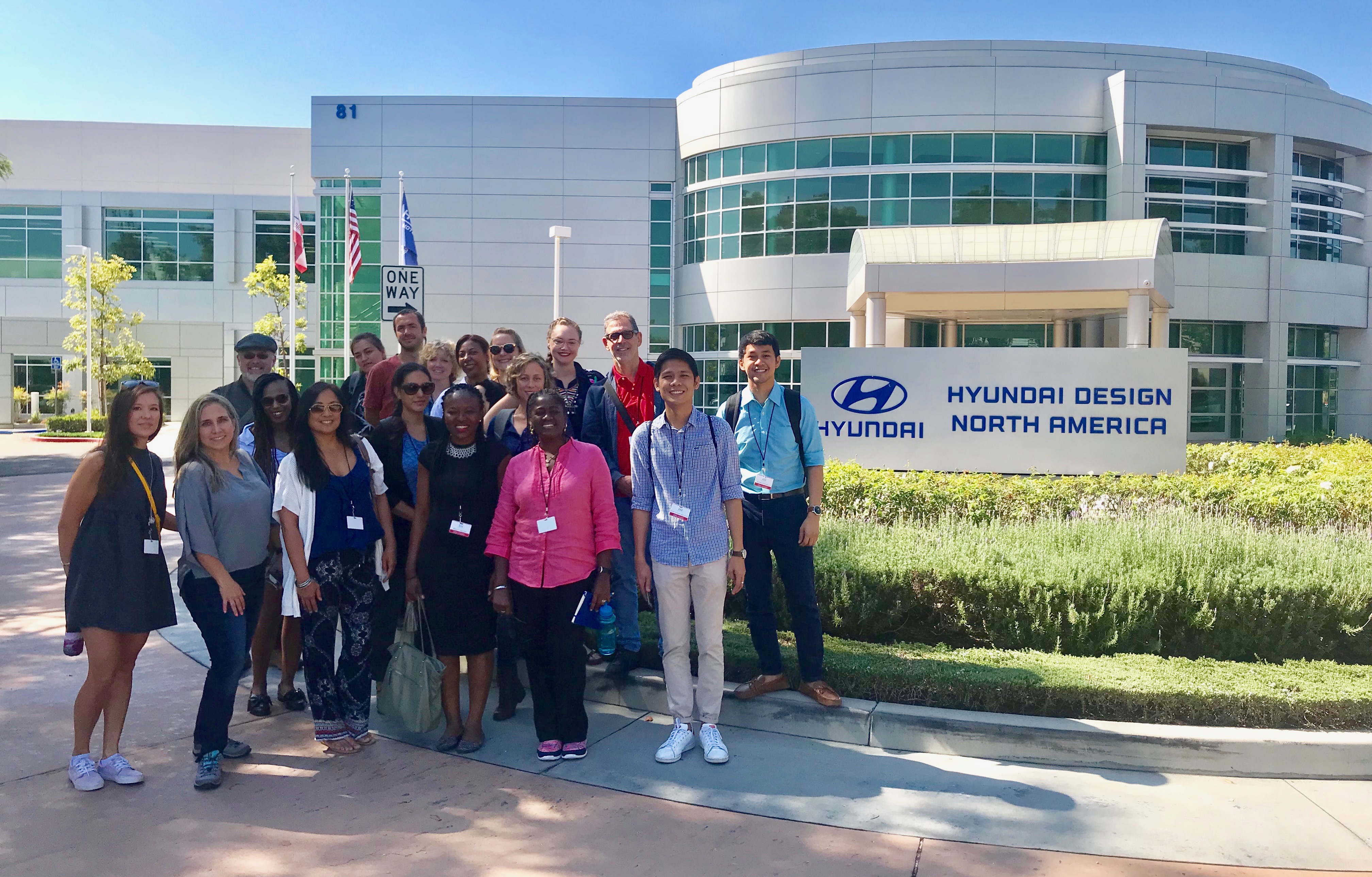
Traveling is one of my greatest passions. Through the other international educators in my cohort, I got to travel to 10 different countries in 10 days, all from the comfort of a classroom. I got to understand the global STEM education landscape, and this not only inspired me to do more in my country and the African continent but also reassured me that we are not that far off. We are definitely headed in the right direction. I realized what I have been thinking of doing in South Africa someone in another country has tried, and I can learn from their successes and drawbacks.
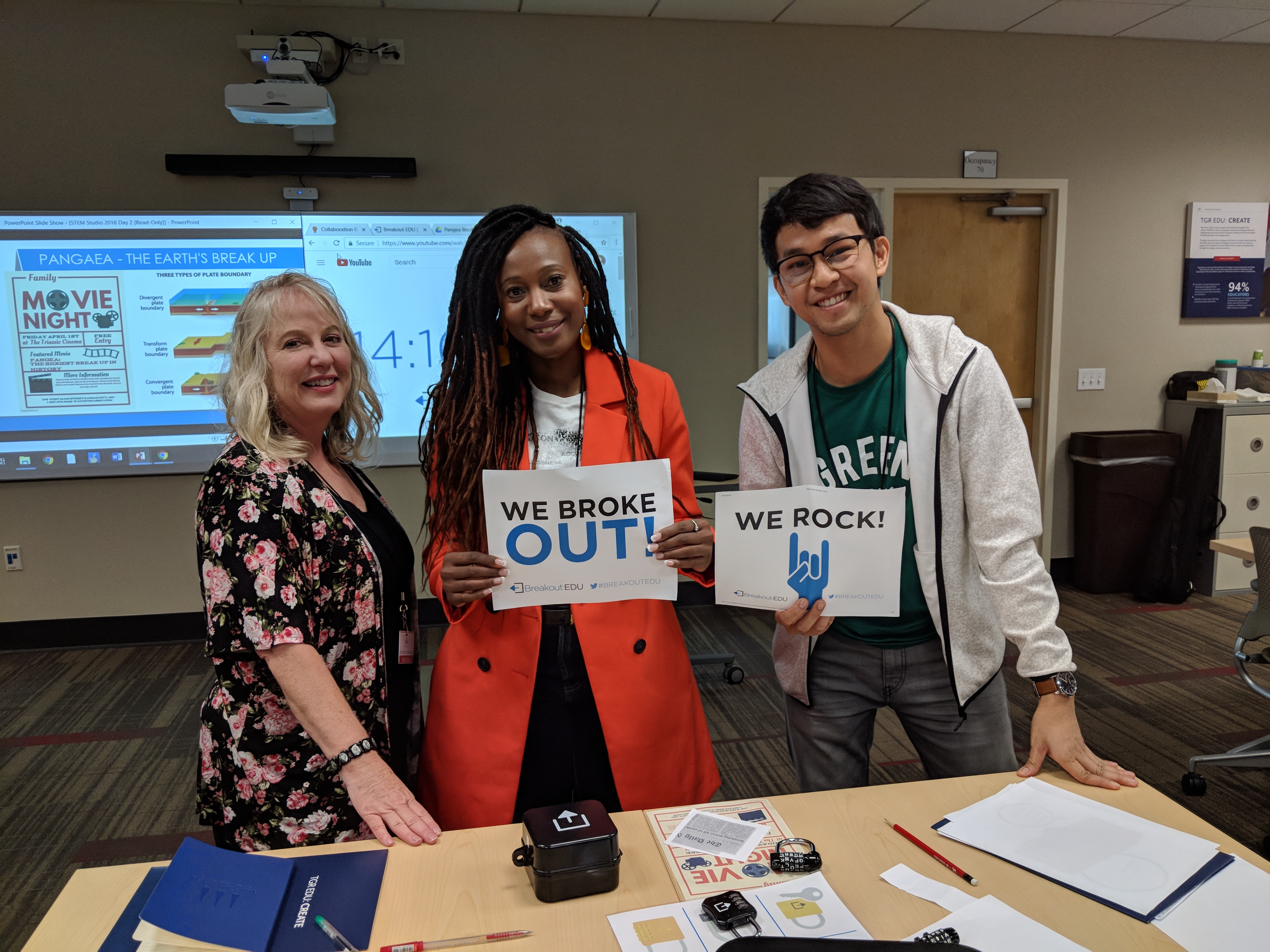
This experience truly opened my eyes to not only what is possible, but also the journey ahead of me. I have been through a number of training programs, but this program truly revived my passion and love for impactful STEM education. The facilitators were open to learning from us, and that made me think about what I could I learn from their facilitation style and how I could be more open to learning not only from my students but from other educators who are not necessarily from the STEM fields.
The International STEM Studio reinstalled my belief in collaboration and networks. Together, with TGR Foundation and the teacher network we have formed, we can go further, and wider and make a greater impact! I’m truly excited for my second half of 2018 and what a way to kick it off.
Redefining what it means to be a champion.
Mmabatho Mokiti is the founder and CEO of Mathemaniacs – Crazy about Maths in South Africa and is a 2014 Young African Leaders Initiative Mandela Washington Fellow. www.mathemaniacstut.co.za

